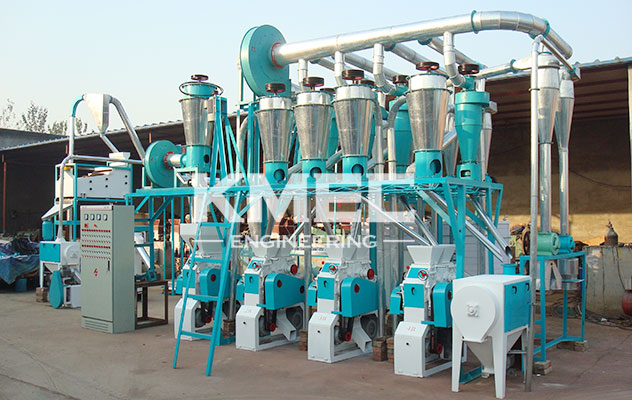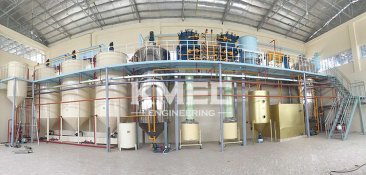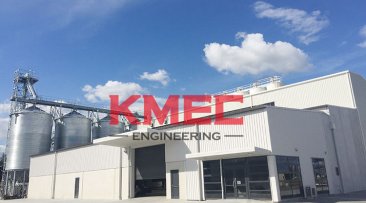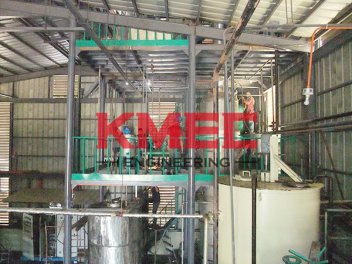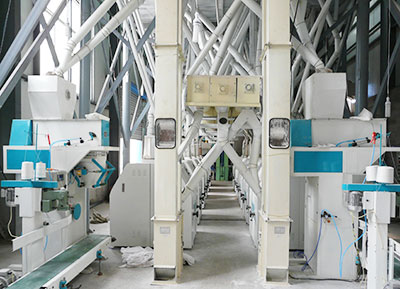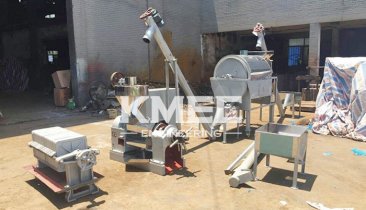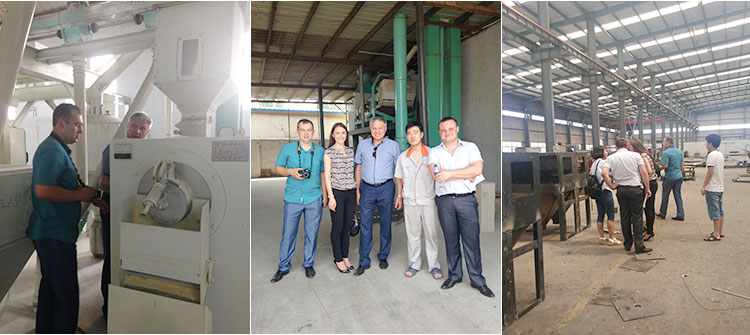Why You Need a Smaller Wheat Flour Processing Plant?
All over the world today, industrialization has taken its toll on how our food is produced and in particular, how our flour is milled. This has made many aware of the importance of turning to smaller scale wheat flour processing plants to get the flour that they need at the best quality possible.There are two main resons why you should choose a smaller wheat flur mill, on one hand, smaller flour mill need less investment, on the other hand, if you have an small flour mill plant, you can decide the quality of your flour, healthier and safer.
The wheat is only then transported to the mill for use. The wheat will then be moved through what are known as breaker rolls, which have grooves on them and allow the bran to be separated from the grain. The results will be sieved into three different parts: the bran, the middling which the finest part and semolina, which are the coarsest parts. The middling are then taken out and the rest is taken through a series of extra breaker rolls, until enough fine particles are accrued to make flour blends. Different combinations of wheat species are thrown together or separated out to make different flour products (for example, all purpose flour is a blend of hard and soft wheat varieties). After the wheat has been refined a few times, large operations will then add bleaching agents, synthetic vitamins and oxidising agents to the flour, leaving it to mature for 1-2months before selling it to retailers.
Smaller processing plants will not add as much, if any of these unnecessary, harmful agents (the vitamins are required by law in most countries however). Another point to note is that smaller operations may use more traditional methods of grinding wheat, like stone rollers instead of metal ones, which will impart small particles of the metals into your flour.
The bigger the mill is, the more chance of contamination during any part of the process and the further the travel the wheat endures, making it wait longer before it gets to the mill. Many mini wheat processing plants grow their own wheat themselves, adding extra quality to their products and a faster turn around time. When the amounts are very large, it makes it difficult to perform accurate quality control, whereas in a small wheat milling operation, the batches are processed in smaller amounts. The wheat is used as soon as it’s ready with less refinement along the way and the quality tends to be much higher as a result.
From an economic perspective, supporting small milling operations helps your local economy to thrive too, provided there are enough of them to meet the demands of the population. Small mill operations will provide more local jobs and increase the reputation for quality flour blends in your area. The drain on power and resources is also less for small mills. If everybody bought quality produced flours from these mills, the general health of the population will probably also improve (seeing as everybody eats it), which would result in a more productive nation and economy.
Get In Touch

